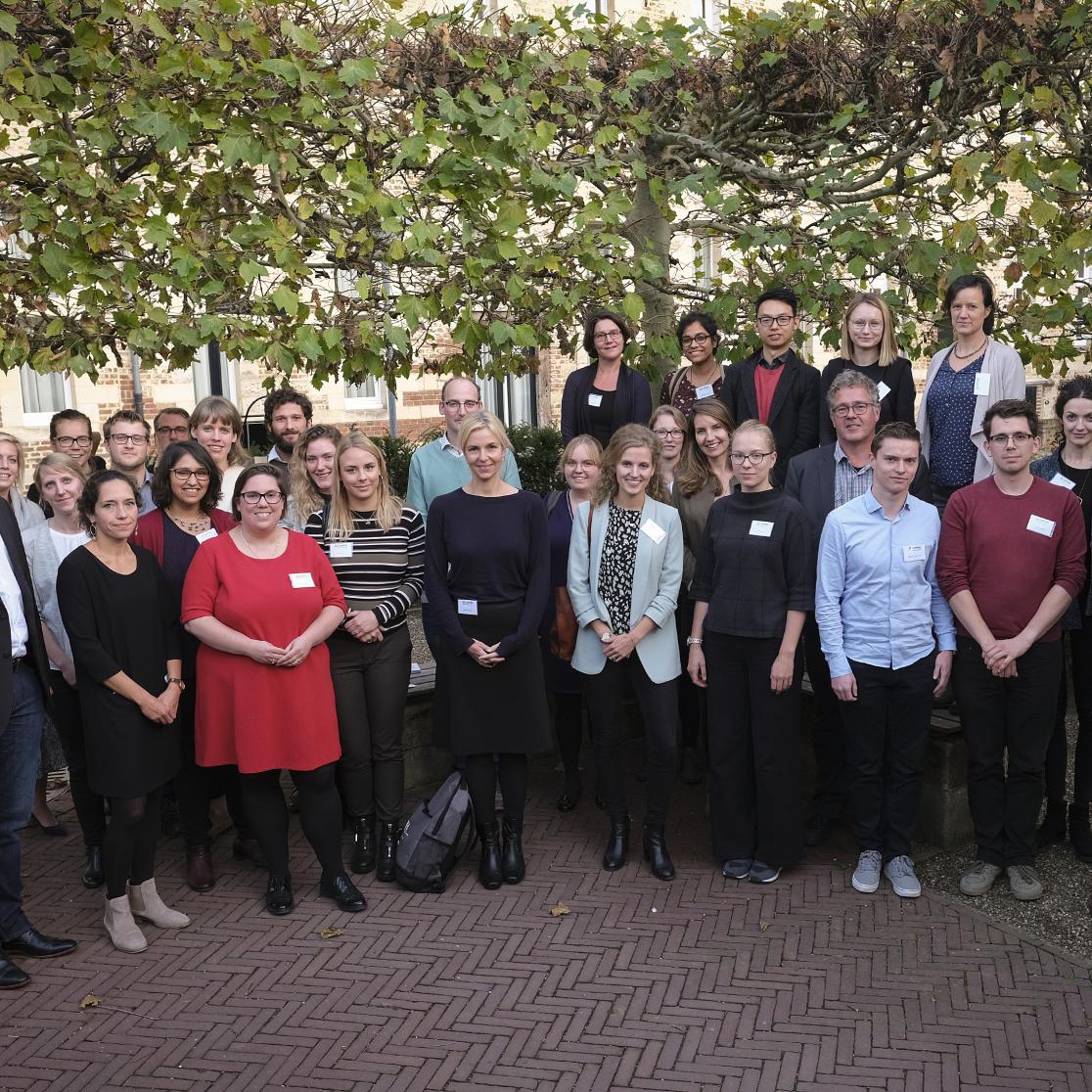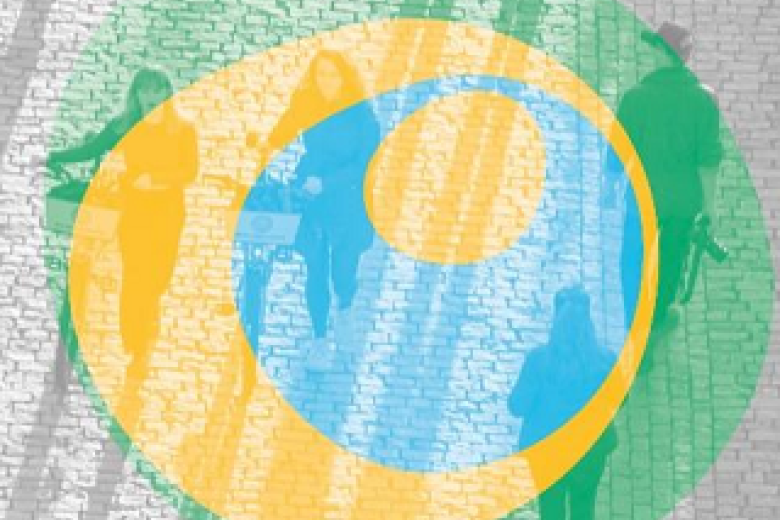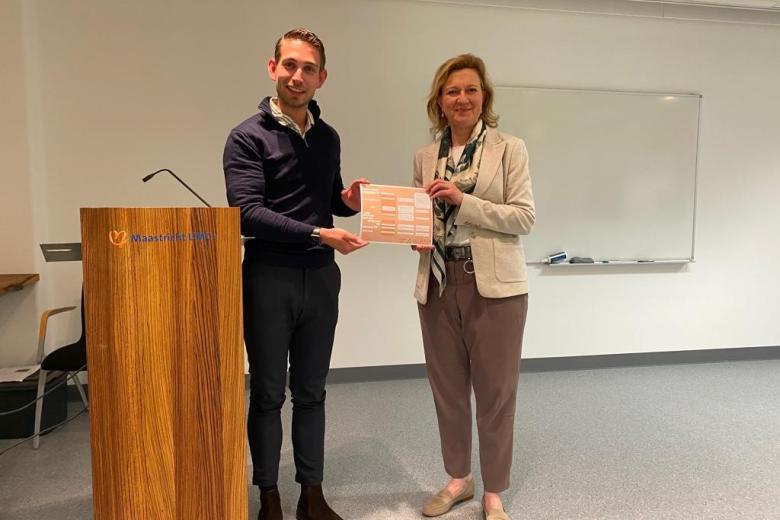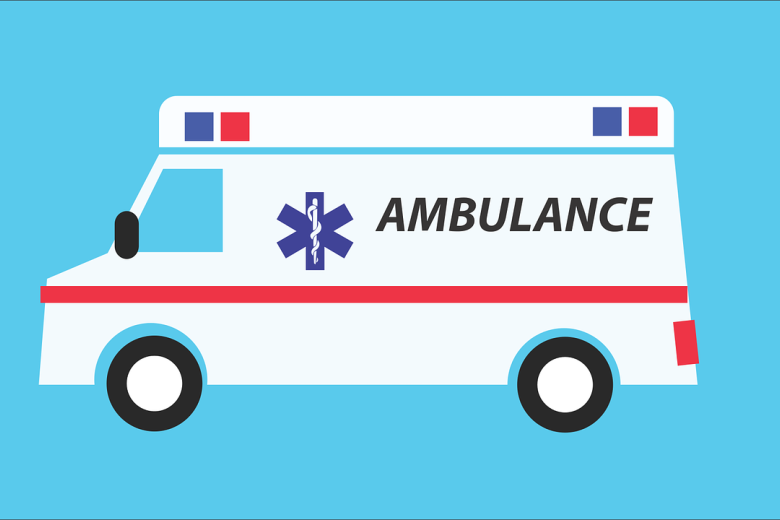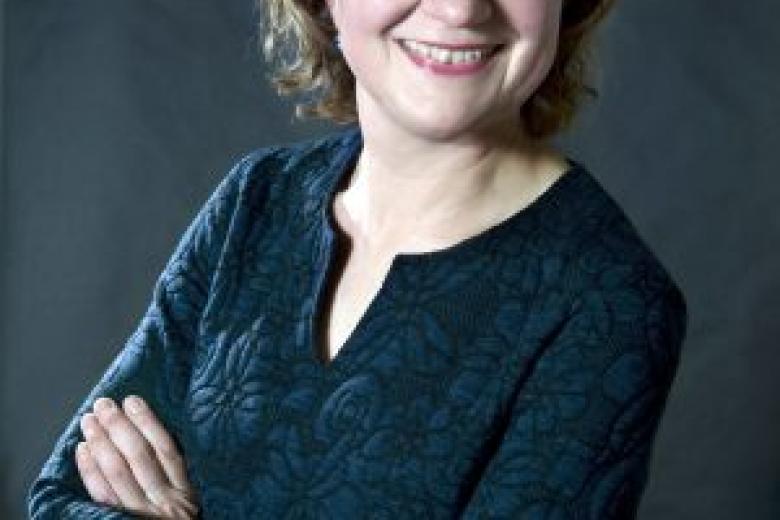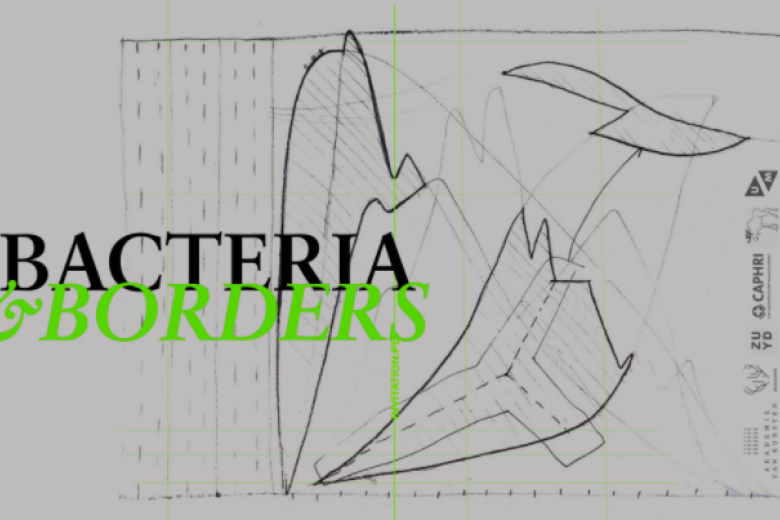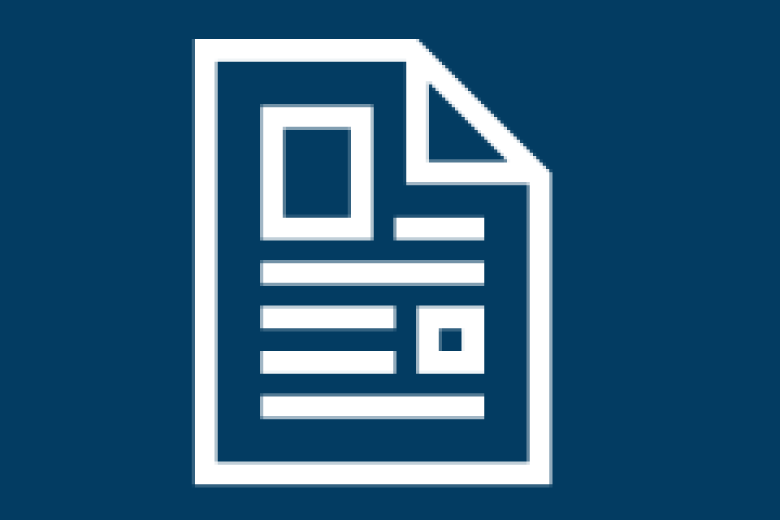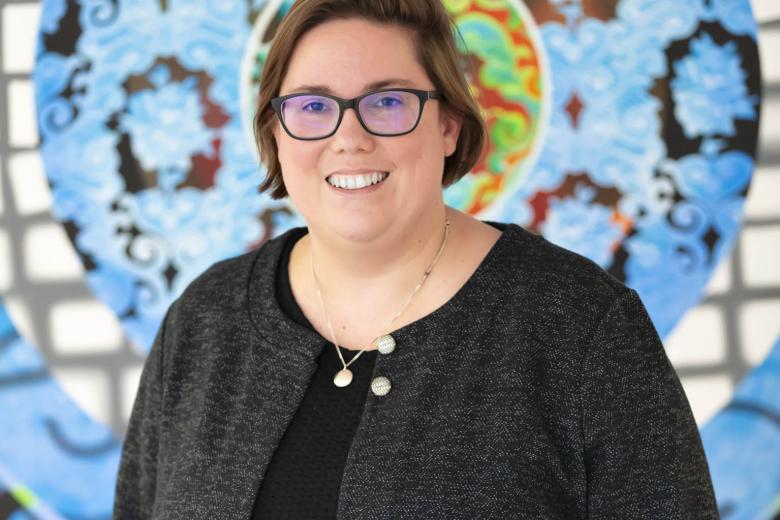Health Inequities and Societal Participation
Our research line Health Inequalities and Societal Participation (HISP) aims to reflect on and to unravel the entanglements of inequities, participation and globalisation in diverse public health practices in public health research and public health governance. Doing so, we aim to contribute to the reduction of global inequities and to stimulate participation in public health to strengthen local and global social ecologies of health.
Research and impact
Health Inequities and Societal Participation are topics as well as research approaches which reflect the focus of our research line on vulnerable populations. We focus on health inequity and societal participation and strive for transdisciplinary research from different critical and reflective perspectives, thereby crossing borders between disciplines, methodologies and approaches. Our research has a high societal impact by unraveling the complex dynamics of health in real-life contexts and we offer sustainable innovative solutions. Our research approaches are always embedded in the local research contexts but we perform on a global level. Our research line is powered by the departments Social Medicine, Medical Microbiology, International Health and Health Ethics and Society.
Research stories and case studies
"The future of research is transdisciplinary"
Fruitful collaboration across national and disciplinary boundaries
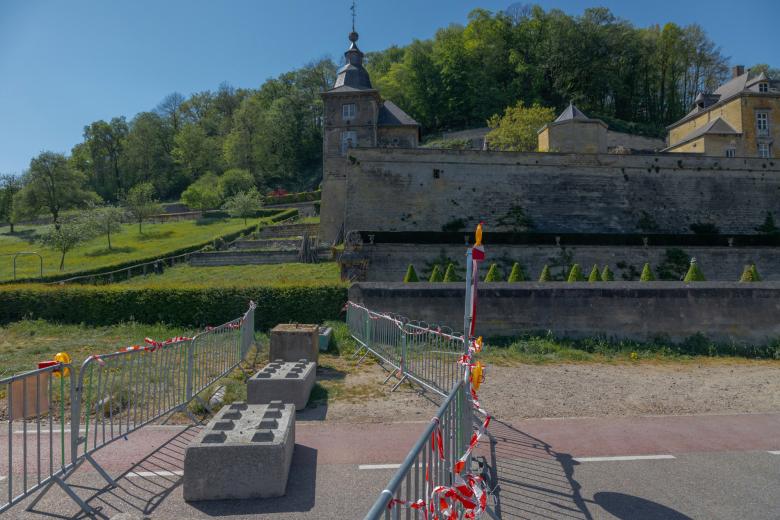
The challenge of growing social health inequalities in the era of participation
‘Life at the bottom’
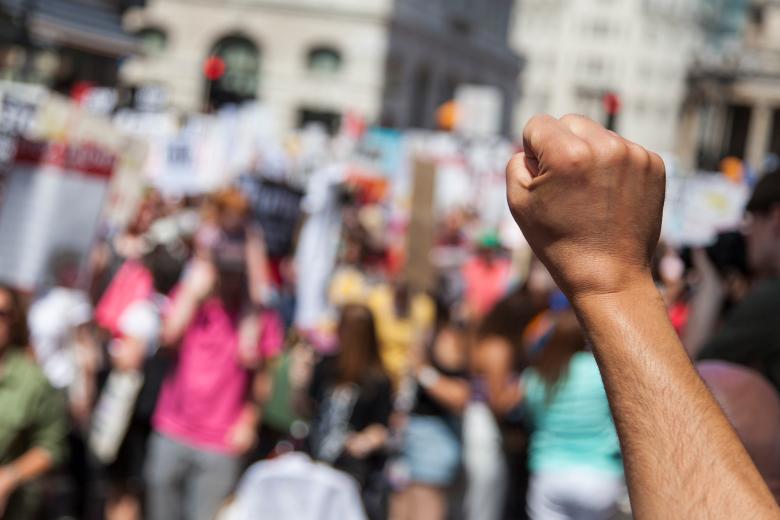
'Public spaces are needed to foster social connection'
Prevention project in Maastricht North-West
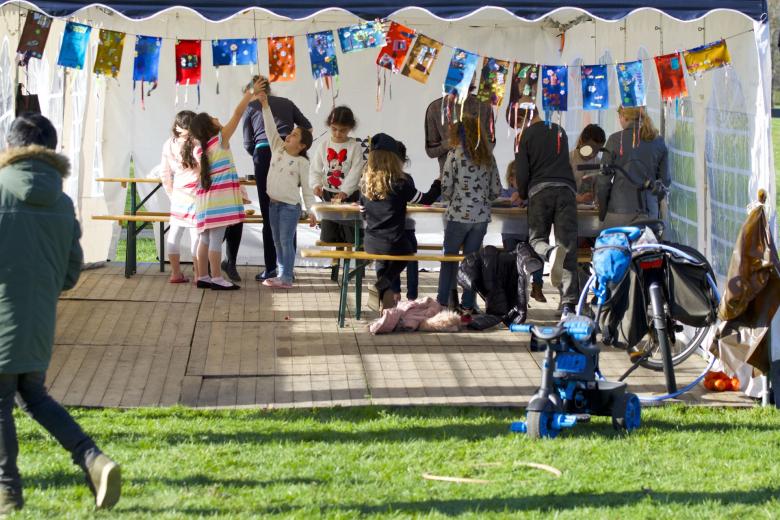
Involving employees in creating a healthy workplace
Healthy HR and Health in Action
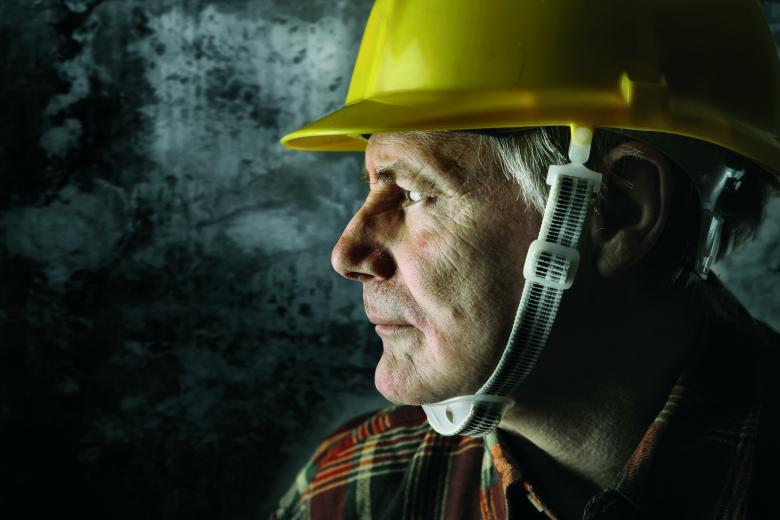
News
Publications and Doctoral Theses
Projects and partners
Here we provide insights into what topics our research projects are tackling (selection), who the actors involved in them are, and how these projects are aimed to strengthen local and global biosocial ecologies of health.
Positive Health and Social Resilience in Postwar Disadvantaged Neighborhoods: An Ethnographic Participatory Study
The MAISE-toolkit: a dialogue based approach to improve the health of workers with a low socio-economic status
Health in Action; a participatory ethnographic research into work place health promotion for employees with low social economic position (SEP)
Understanding transmission of genital and extra-genital Chlamydia trachomatis infections in women and their partners receiving routine care; implications for control strategies
Sociaal-emotionele zelfmanagement ondersteuning door coaches aan cliënten en hun mantelzorgers
Living Labs
Research Line Inequity, Participation and Globalisation participates in the following Living Lab:
Calendar
People
Here you can find an overview of staff members connected to the research line Health Inequities and Societal Participation:
